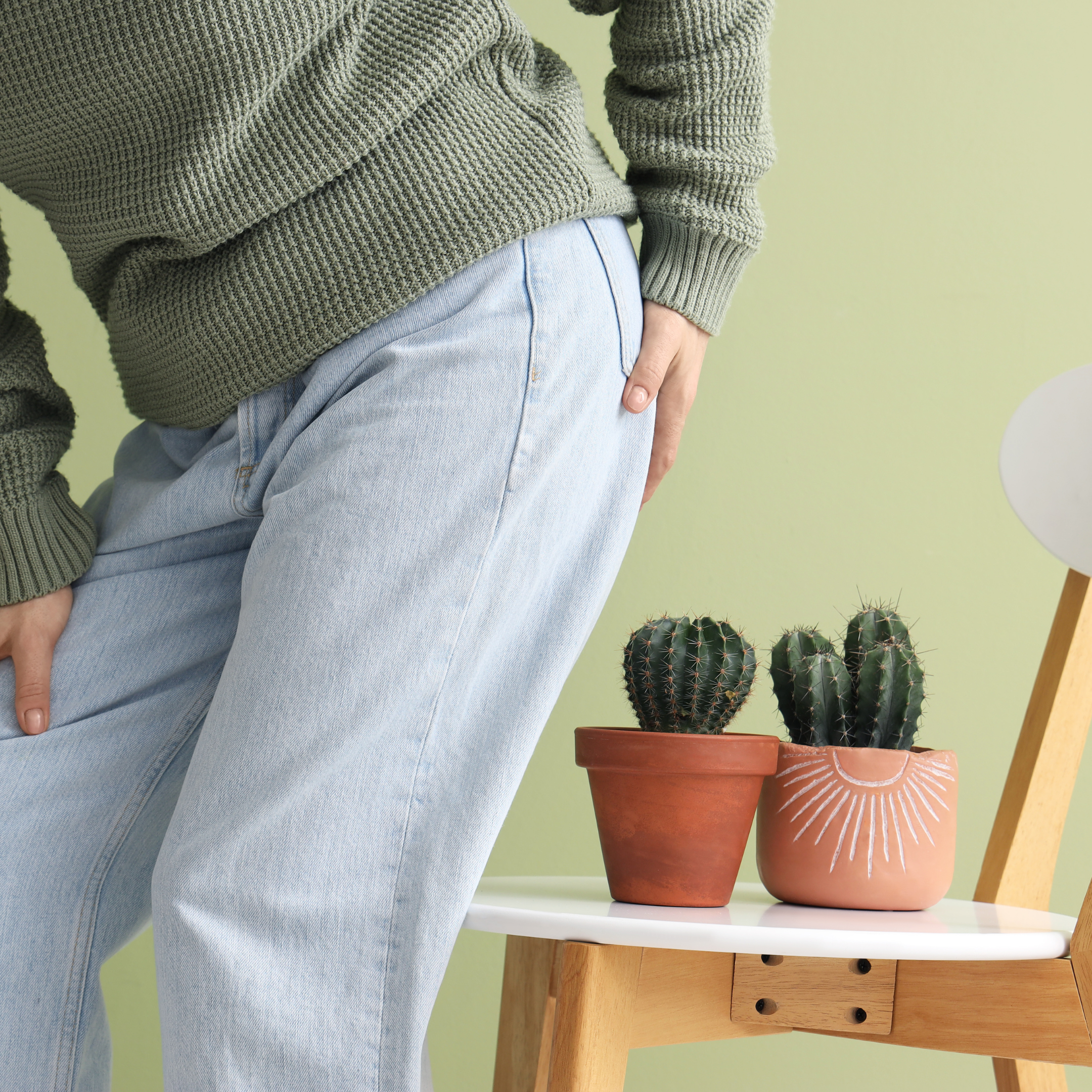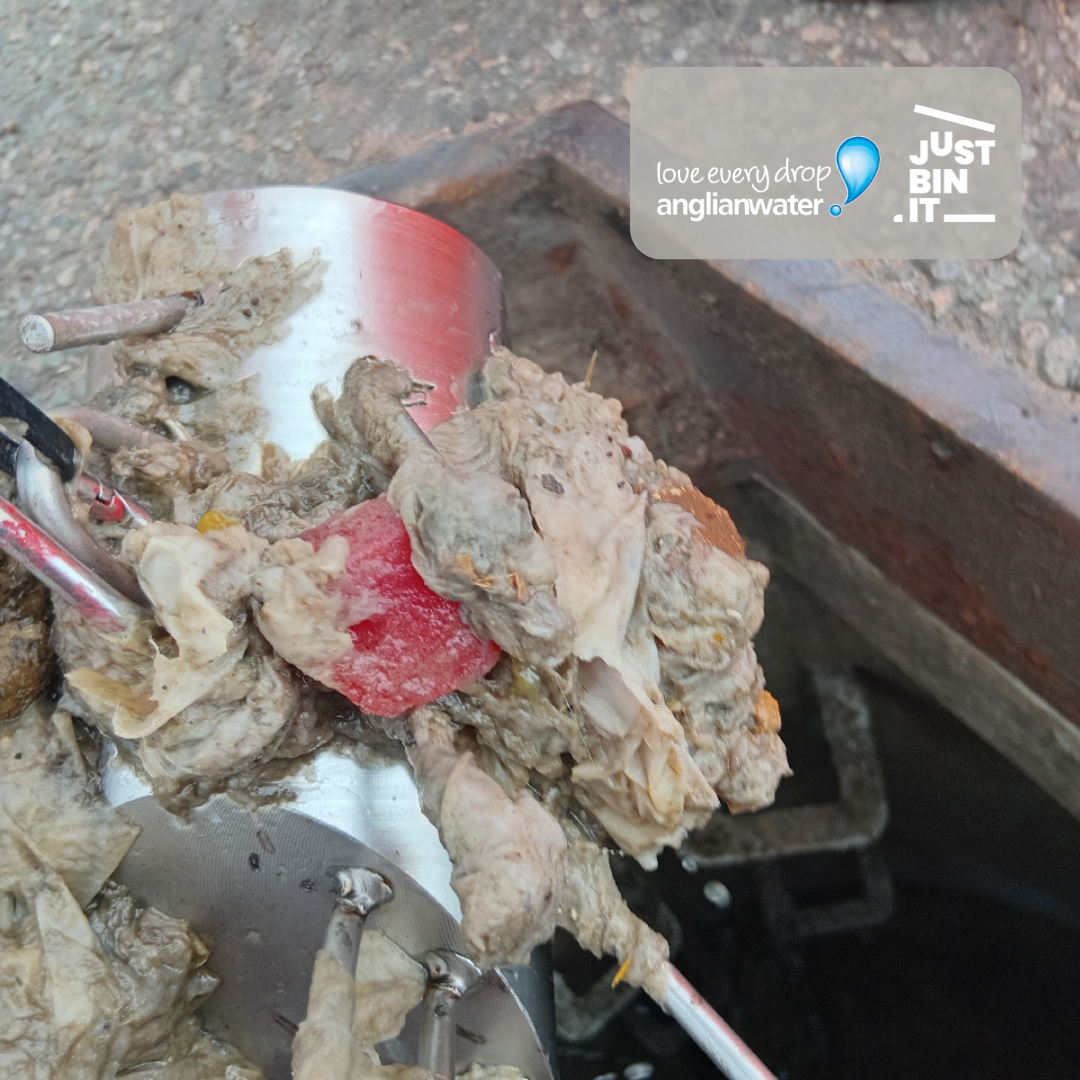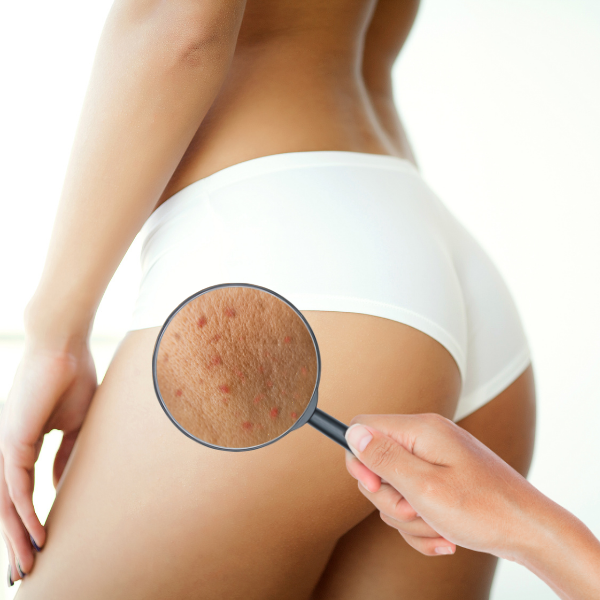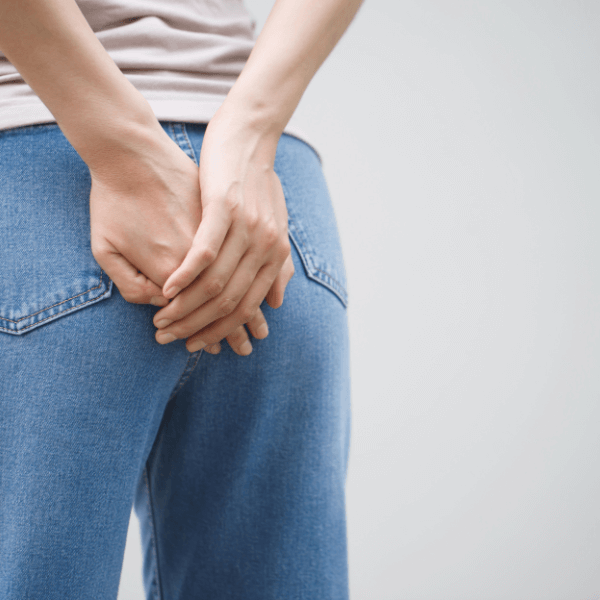Ants in your pants? Itchy bottom: Common Causes and Simple Solutions

Ants in your pants? Itchy bottom: Common Causes and Simple Solutions
The feeling starts like an unsettling whisper, then gradually like a nettle got shoved up your backside. There is no way to address it discreetly, but the urge slowly claws at your sanity. We’re talking about an itchy bottom.
An itchy bum, also known as pruritus ani, is a condition as common as it is uncomfortable, yet seldom discussed. From those irritating night-time itches to the dreaded "itchy bum worms," there are myriad reasons your derrière might be demanding a scratch.
From a survey of over 2000 Wypers, we found that 37.9% of people who experience anal itching are woken up in the middle of the night by it. So, not only do we have to handle these tedious tingles in the day, but the same thing is also keeping us up at night. As you can imagine, having a constant and uncomfortable burn in the backside can severely impact our quality of life, making our bottoms the unneeded bane of our existence – not to mention it’s bloody annoying!
As a prophet once said, go to bed with an itchy bum, wake up with a smelly finger. So, let’s all wake up, smell our fingers and delve into the tunnels of the ants in your pants, uncovering the common causes, the irritating consequences and the rectum relieving solutions to bottom itchiness. We know you’re just itching to find out!
Understanding Anal Itching
Poor Hygiene Practice
Anal itching could be clenching up the butts of up to 5% of the adult population. It’s just a random occurrence; several culprits could be in the lineup for that persistent urge to scratch our bottoms. Believe it or not, one of the most common causes isn’t even health related, it’s poor hygiene. Not cleaning the area properly (or experiencing passive soiling) can lead to irritation and, yes, itching. This happens due to the residue we leave behind drying, getting caught in our bottom hair and irritating the already sensitive skin on our bottoms. Around 90% of all itchy bottoms are caused by this.
But it's not just about cleanliness though; how you clean matters too. Using rough toilet paper or wiping too vigorously can cause tiny tears and abrasions, making the skin more prone to itching. Remember, wiping harder doesn’t mean you’ll be cleaner. Wiping should be gentle yet effective. On the other hand, an overzealous approach to hygiene can also backfire. Washing the area too frequently, especially with harsh soaps or wet wipes, can strip away natural oils, leading to dryness and irritation. This is why it's crucial to find a balanced hygiene routine.
Not sure how to clean your bottom for optimal cleanliness? Learn more here.
Dietary Influences
What you eat can have a surprising impact on your bum's comfort level. Certain foods and drinks are known to trigger anal itching. Spicy foods, for instance, can make you feel like you’re sitting on a hot seat of irritation as they make their way out of your system. Caffeine and alcohol are also common culprits; they can dehydrate you, leading to dry, itchy skin in general.
If you notice increased itchiness after indulging in specific foods, it might be worth cutting back to see if your symptoms improve. Staying hydrated by drinking plenty of water can also help maintain healthy skin. In some cases, a high-fibre diet can alleviate itching by preventing constipation, which reduces the strain during bowel movements. Understanding these dietary influences can help you make better choices and keep that itch at bay.
Underlying Health Issues
Haemorrhoids and Fissures
Haemorrhoids and fissures are two common health issues that can lead to an itchy bum, amongst other not-so-nice symptoms. Haemorrhoids are swollen blood vessels in the rectal area, often caused by straining during bowel movements, pregnancy, or prolonged sitting. They can be internal or external and are frequently accompanied by itching and discomfort. Anal fissures, on the other hand, are small tears in the lining of the anus, usually resulting from passing hard stools.
Both conditions can cause significant irritation and itching due to inflammation and the presence of open sores. While we can work on soothing and moisturising these symptoms within our toilet routine, we need to also think about getting to the root of these conditions. Increasing fiber intake, staying hydrated, and practicing good bathroom habits can help prevent these issues. If symptoms persist, it's recommended to go and see a healthcare professional for proper diagnosis and treatment.
Don’t know how to tell if you’re suffering from haemorrhoids? Find out here.
Skin Conditions to Watch Out For
Believe it or not, it’s not all about our bums specifically, general skin conditions can cause an itchy bum too. Eczema and psoriasis are two such conditions that can affect the anal area just as they do other parts of the body. These conditions cause inflammation, dryness, and itching, making the skin more sensitive and prone to irritation. Fungal infections like jock itch or STIs can also target the area, leading to persistent itching and discomfort. Even contact dermatitis, triggered by allergens in soaps, detergents, or even wet wipes and toilet paper, can result in an itchy bum.
Addressing the underlying skin condition is crucial at this point. Whether it's switching to hypoallergenic products (like Wype) or seeking medical advice for chronic conditions, understanding these skin issues can help you manage and reduce anal itching effectively.
Waking up itching at night: Itchy Bum Worms
One of the more unsettling causes of an itchy bum is pinworms, often referred to as "itchy bum worms." Nope, it’s not just kids that get these wiggly worms. Although rare, us adults can get them too, especially if we have school age children roaming around the house. They usually cause intense itching, especially at night when the female worms lay their eggs around the anal area. If you find you’re only itching at night, this could be the main culprit! The itching can lead to restless sleep and irritability. Good hygiene practices, such as washing hands thoroughly and keeping fingernails short, can help prevent the spread.
Over-the-counter treatments are available, but it's also essential to treat all household members to avoid reinfestation. Other parasites, like threadworms, can cause similar symptoms and should not be overlooked. Although it can feel embarrassing to speak to someone about this, 1 billion people are affected by pinworms worldwide, so it’s really nothing to be ashamed of. Besides, a quick awkward chat with your healthcare provider is bound to be better than waking up itching at night, right?
Effective Treatments
Home Remedies That Work
If you're looking for natural ways to soothe an itchy bum, several home remedies can offer relief. One of the simplest solutions is a warm sitz bath. Soaking in warm water for 10-15 minutes can help reduce inflammation and itching. Adding a handful of Epsom salt can enhance the soothing effect. Coconut oil is another great option; its moisturising properties can alleviate dryness and irritation. You can apply it directly to the affected area for relief.
Aloe vera gel is well-known for its anti-inflammatory properties and can be applied to cool and calm the skin. Wype’s naturally soothing and moisturising properties, with aloe, coconut and chamomile, can be applied onto irritated skin to soothe the area. Simply apply a thin layer to the skin around your bottom after showering and enjoy the calming and soothing effects!
Prevention Tips
Hygiene Best Practices
Maintaining good hygiene is crucial for preventing an itchy bum. Start by using soft, unscented toilet paper to avoid irritation. Wipe gently and consider using a soothing toilet paper gel to boost its cleansing power. Avoid harsh soaps; opt for gentle, fragrance-free cleansers instead. Shower regularly and ensure the anal area is cleaned properly but not excessively to avoid stripping the skin of its natural oils.
After washing, make sure the area is thoroughly dried to prevent moisture build-up, which can lead to fungal infections. Wearing breathable, cotton underwear can also help keep the area dry and reduce irritation. Change your underwear daily and avoid tight-fitting clothes that can cause friction. By incorporating these hygiene best practices into your routine, you can significantly reduce the chances of developing an itchy bum and maintain overall skin health.
When to Seek Medical Advice
While many cases of an itchy bum can be managed with over-the-counter solutions and toilet routine adjustments, there are times when seeking medical advice is your best bet. If your itching persists for more than a few weeks despite trying various treatments, it's time to consult a healthcare provider. Additionally, if you notice any bleeding, severe pain, or discharge, these could be signs of a more serious condition like haemorrhoids, fissures, or infections that require medical intervention.
Persistent itching can also indicate underlying skin conditions or allergies that need professional diagnosis and treatment. If you suspect you or your child might have pinworms, a healthcare provider can recommend the appropriate course of action. Ignoring persistent symptoms can lead to complications, so it's always better to err on the side of caution. Seeking medical advice ensures you get the right treatment and can reclaim comfort and confidence in your daily life.
Wrapping up
We’ve taken you through the upward (and downward) motions of bottom itching, providing you with information on what might cause the dreaded scratch, how it can be prevented and how to treat it too. We’ve delved into the worms that might be causing the ants in your pants (especially at night) too. Hopefully now you can understand that, as common as this itching is, it’s nothing that should just be swept under the rug.
Although we have 101 things to worry about every day, and a little itching might not seem worth seeing someone about, we should all be taking our bottom health seriously. Itching can be a sign of bottom health conditions and can seriously impact our quality of life if not treated properly. So, if you’re experiencing irritation or itching down there, open the conversation! Your bottom might just thank you for it.
If you’re looking for a way to upgrade your toilet routine and kick anal itching in the backside, why not try Wype’s soothing and moisturising gel? Our gel’s soothing properties and hypoallergenic formula are great for even the most sensitive of bottoms. Get 20% off the Starter Bundle today!




I’ve recently retired from the NHS after many years. This article, and others, is informative and accurate. It quite simply the best patient information I have read and which I recommend. Before we had access to your products the only product recommended was aqueous cream, effective but messy and not suitable to carry in a handbag or pocket. I have used your products for some time now and have highly recommended them to family and friends. Well done and keep up the great work you do!
I am lucky to not be experiencing an itchy bum but the title of your article piqued my interest. I loved the article. Thank you so much for writing it and circulating it. It had just the right amount of humour to get the seriousness of the subject across. I knew worms could cause an itch but not the other reasons and definitely didn’t even think being over hygenic could cause problems. I found the whole article very informative. I’m looking forward to more articles coming our way. Thank you :-)
Thank you for putting this article up. I have suffered with ants crawling around my skin for the last 2 years. I was given cream from my gp but never an explanation. I don’t get it on the holes but the surrounding area. Your wipe helps, I thought because I was too clean I was drying the skin out. I still don’t know what my issue is but to know the feeling of ants crawling is not uncommon is help in itself.
Thank you for this very informative and helpful article about sensitive issues, I found it very interesting
Thank you. I’m happy that this topic is being raised and addressed in a clear, straight forward, and even humorous manner